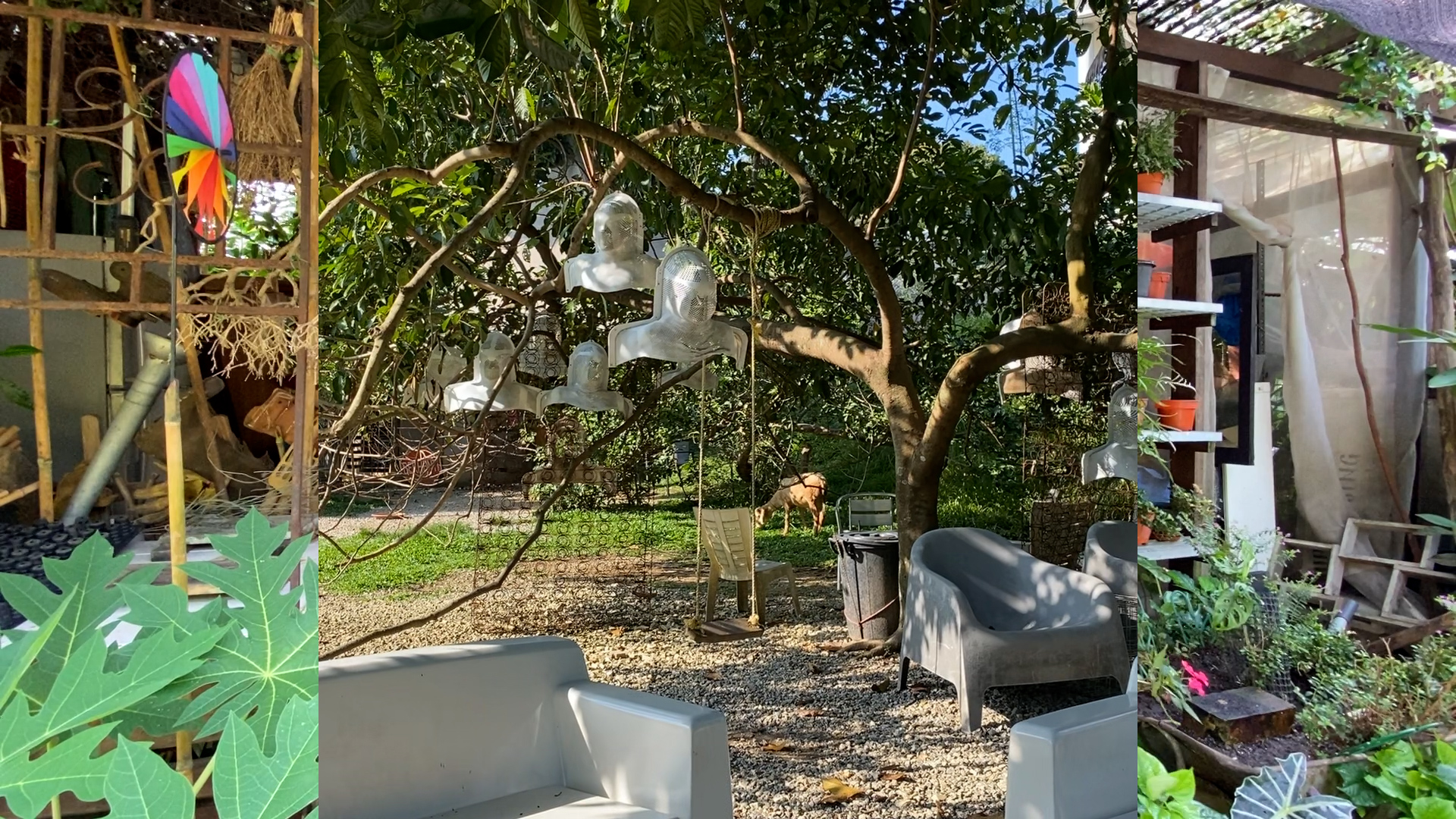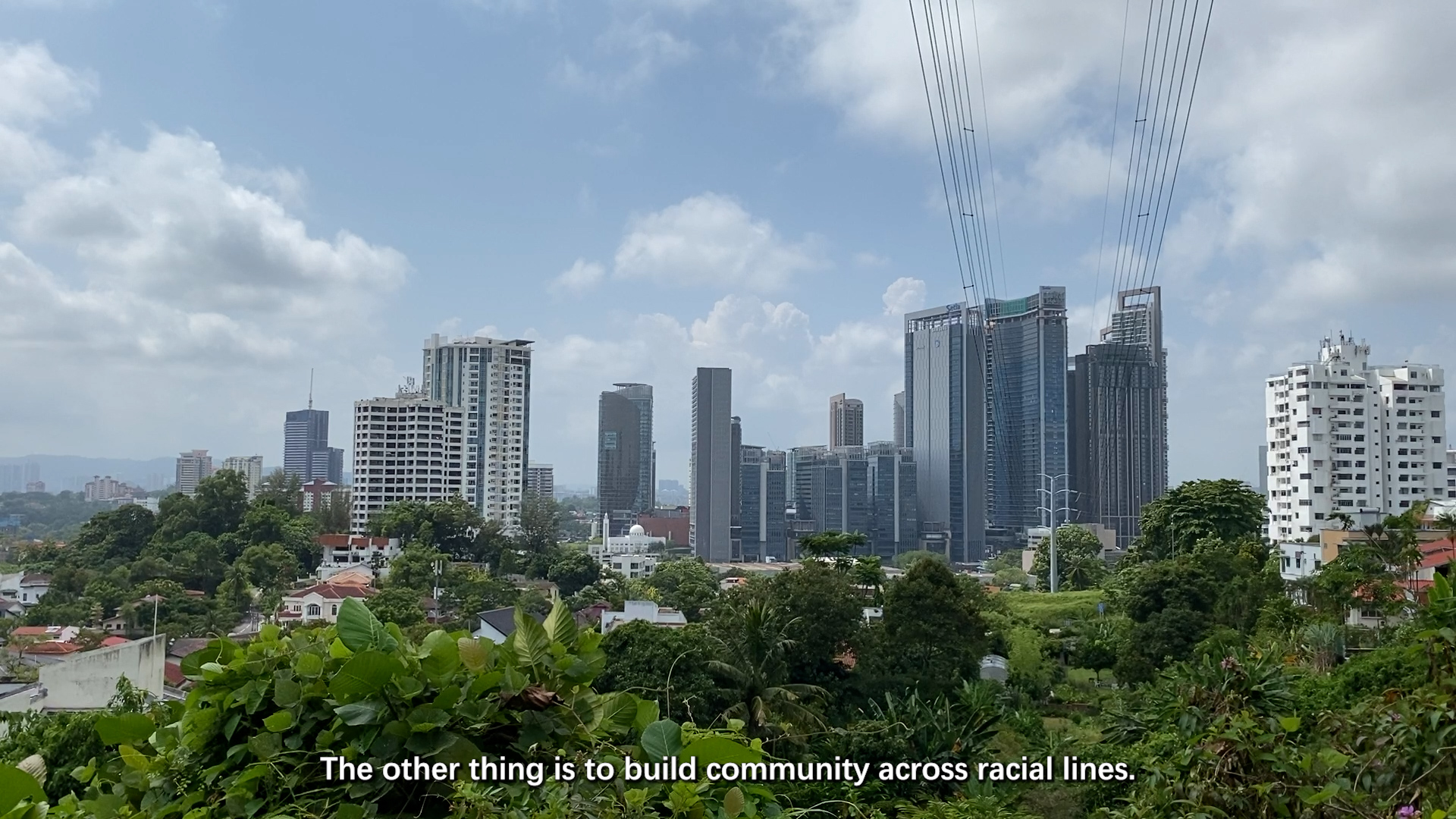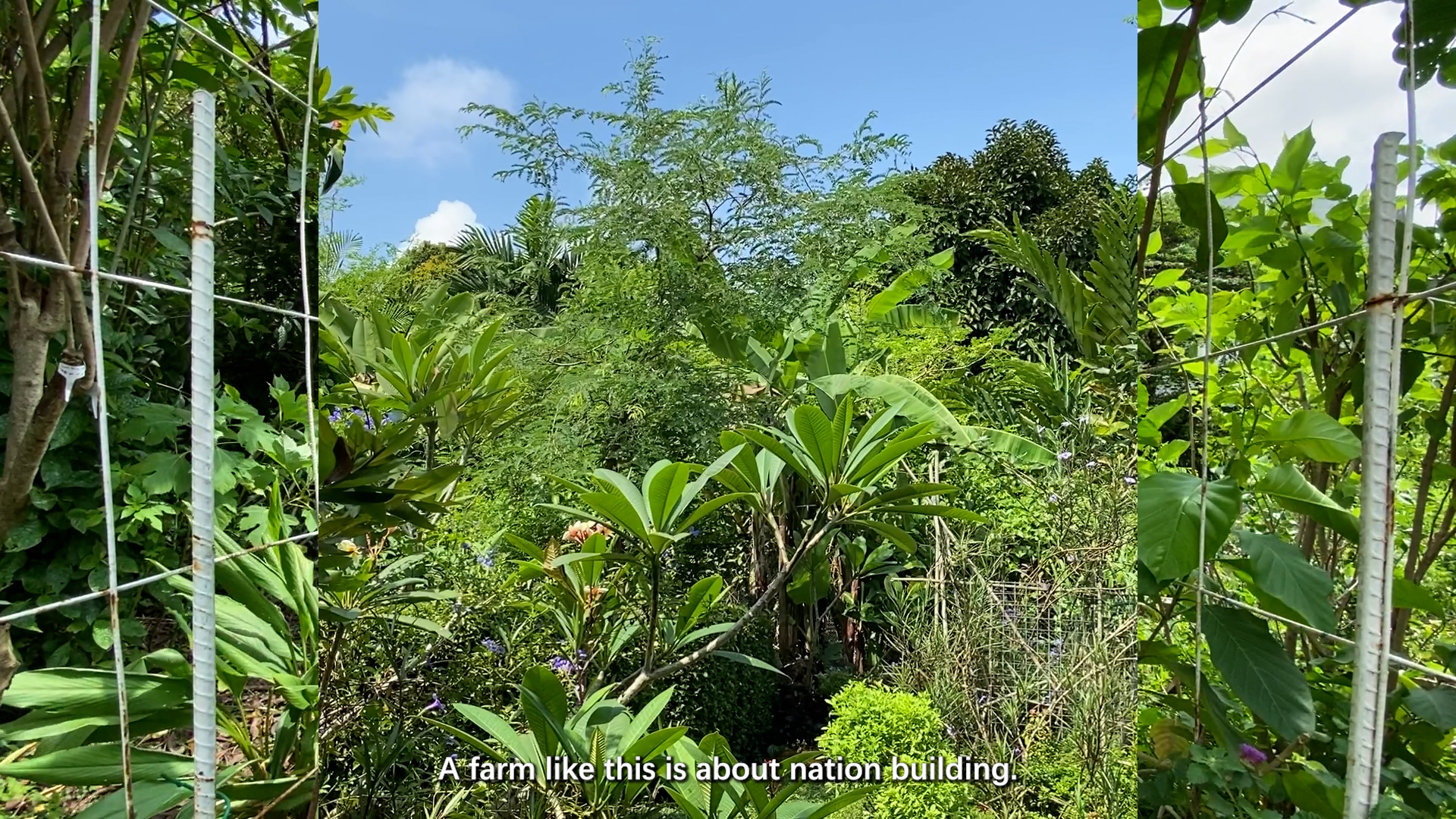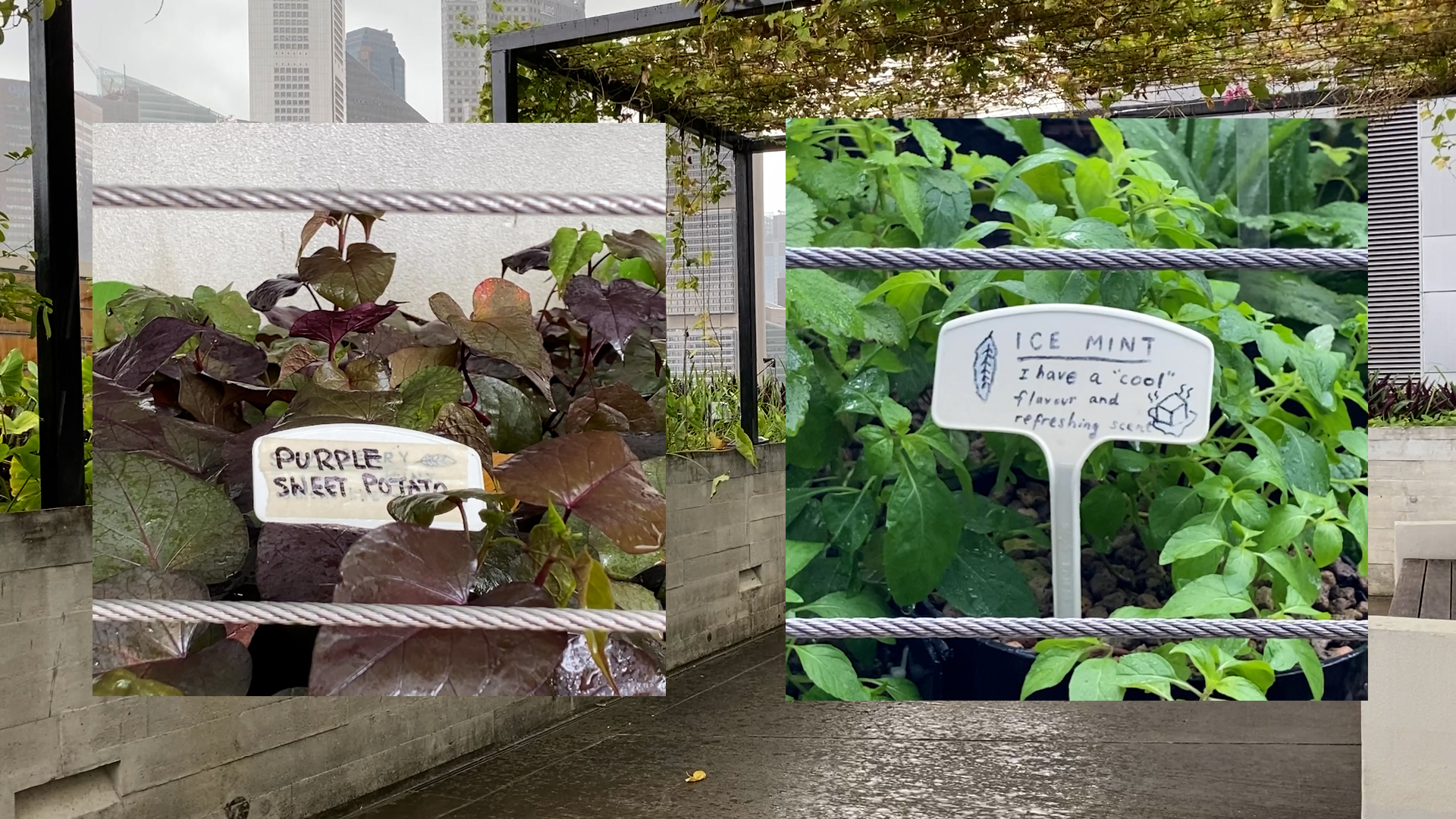Untangling the Asian Community Gardens
2022
(research, landscape theory, community design, design activism, culture and society)
The thesis project seeks to understand the motivations of the founders/designers of three professional-led urban community
gardens in China, Singapore, and Malaysia. These motivations are embedded in the social and political
context of Asia. The comparison will interrogate the wider roles of community gardens in the Asian context.
Unlike in North America and Europe, community gardens only existed about a decade ago in the Asian
context. However, the unique qualities of Asian community gardens are not yet thoroughly captured
in academic research. There is still a limited understanding of the driving forces that have led to their
establishment in the Asian context. While there are some global similarities in community gardens, Asia offers
unique projects that challenge the general ontology and epistemology of community gardens.
The project aims to advance the understanding of the Asian community garden by comparing the three
cases and documenting the processes and stories behind these phenomenon.
︎︎︎The Film










The Graphics

Knowledge & Innovation Community Garden (KICG) is a community in Yangpu District, Shanghai. It opened to the public in 2016 with funding from a private enterprise and is operated by the not-for-profit organisation Clover Nature School (CNS). The 2200 m2 open space is incorporated into ‘Green Axis’, a connected green corridor renewal project by the government (Liu, 2020; Liu et al., 2022). KICG connects an old neighbourhood built in the 1980s and a newly developed apartment community (Liao, 2020). Community building and placemaking activities are regularly held in the space and CNS wishes to use KICG as a prototype to promote community gardens in Shanghai (Liu et al., 2022). Taking KICG as a starting point, Clover Nature School now has built more than 200 community gardens and 900 micro gardens in Shanghai. Their community gardens are documented by Shanghai Manual, a guidebook by United Nations and International Exhibitions Bureau that is published annually on urban development issues in developing countries (Liu et al., 2022).

Kebun-Kebun Bangsar (KKB) is an urban agricultural movement in Bangsar, Kuala Lumpur, Malaysia. Founded by Malaysian landscape architect Seksan Ng, KKB is based under a 35,000 m2 Tenaga Nasional Berhad (TNB) transmission line area. The garden is run by volunteers and donates its produce to local soup kitchens and the underprivileged (Shidqina and Tan, 2021). KKB is the biggest community garden movement in Malaysia and more than 2000 volunteers participated in the initiative. Kuala Lumpur City Hall has lauded the project as ‘a good example of an urban farm that should be emulated by other neighbourhoods’ (Chen, 2022).

Edible Garden City (EGC) is a social enterprise founded by Bjorn Low in 2017. Based in Queenstown, Singapore, EGC provides urban garden consultancy, fresh vegetables, and agricultural workshops for the public. EGC aims to tackle Singapore’s food security issues by building urban farms (Low, 2019). Since 2012, Edible Garden City has completed more than 260 food gardens in Singapore, including some rooftops on noticeable buildings like Marina Bay Sands, PARKROYAL COLLECTION, and Capitaspring (“Who We Are: Our Company,” 2022). Its movement has been recognised by the Singaporean government that an interagency task force on Urban Farming was formed (Low, 2019).